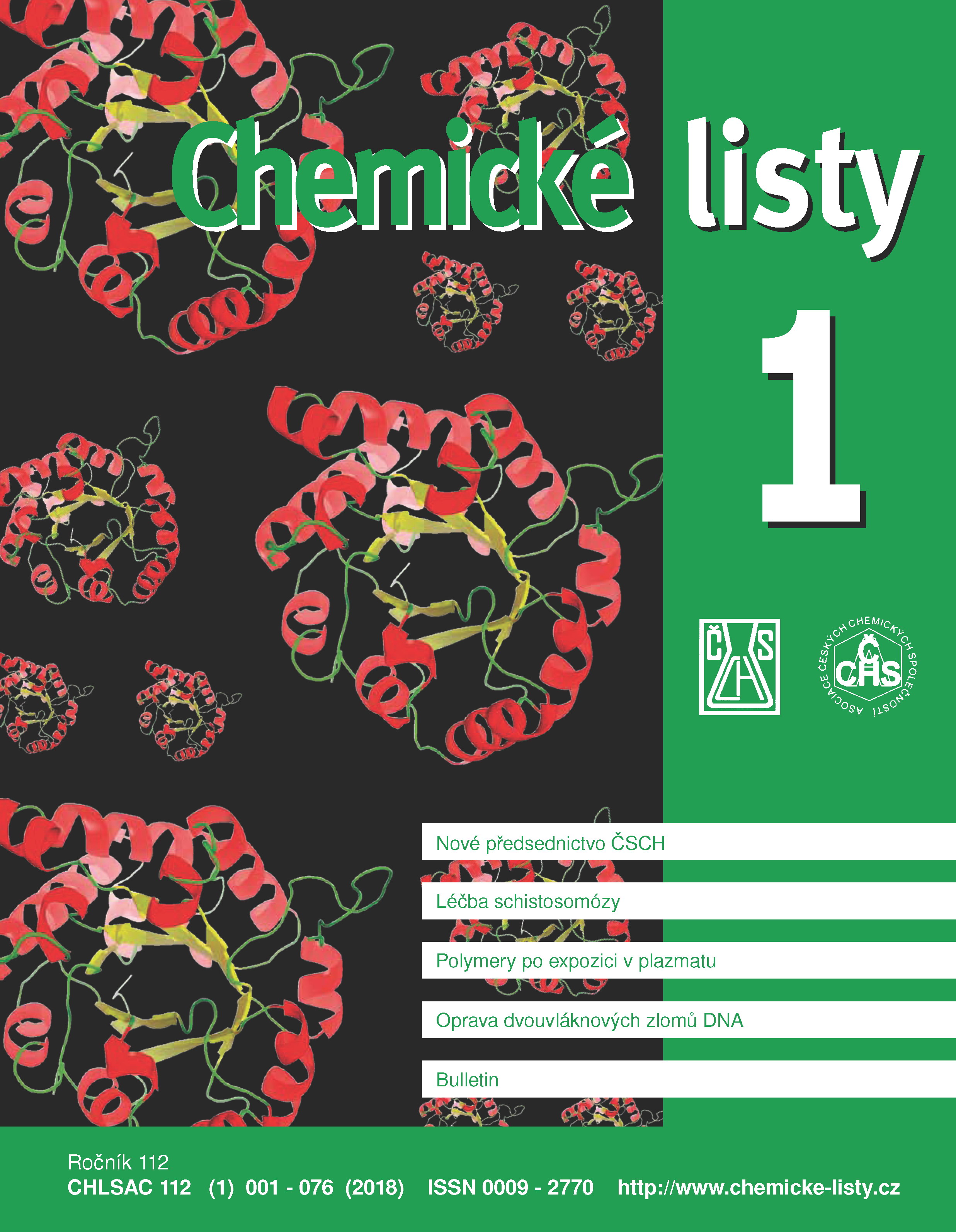Oprava dvojvláknových zlomov DNA v podmienkach deficitu voľného ubikvitínu / proteotoxického stresu
Klíčová slova:
dvojvláknový zlom DNA, ubikvitín, proteazóm, RNF168, 53BP1Abstrakt
DNA double-strand breaks (DSBs) signaling and repair is crucial to preserve genomic integrity and maintain cellular homeostasis. During the response to DSBs, histone ubiquitylation by RNF168 is a critical event, which orchestrates the recruitment of downstream effectors, e.g. BRCA1 and 53BP1. While 53BP1 licenses the non-homologous end joining (NHEJ), BRCA1 initiates the DNA resection thus enabling homologous recombination (HR). Under conditions of ubiquitin starvation, mostly resulting from proteotoxic stress, the ubiquitin-dependent accumulation of DNA damage response proteins at the sites of DNA damage is impaired. Therefore, the proteotoxic stress is commonly manifested by an attenuation of ubiquitin-mediated DSBs response. However, we have identified several cancer cell lines that display recruitment of 53BP1 to the sites of DSBs under the conditions of proteasome inhibitor (Bortezomib or MG132) induced proteotoxic stress, i.e., under substantial depletion of nuclear free ubiquitin levels. This review brings a brief description of two major DSBs repair pathways: HR and NHEJ, their functional dependency on signaling through ubiquitin and a discussion of newly identified phenomenon of proteotoxic stress resistant response to DNA double-strand breaks.





